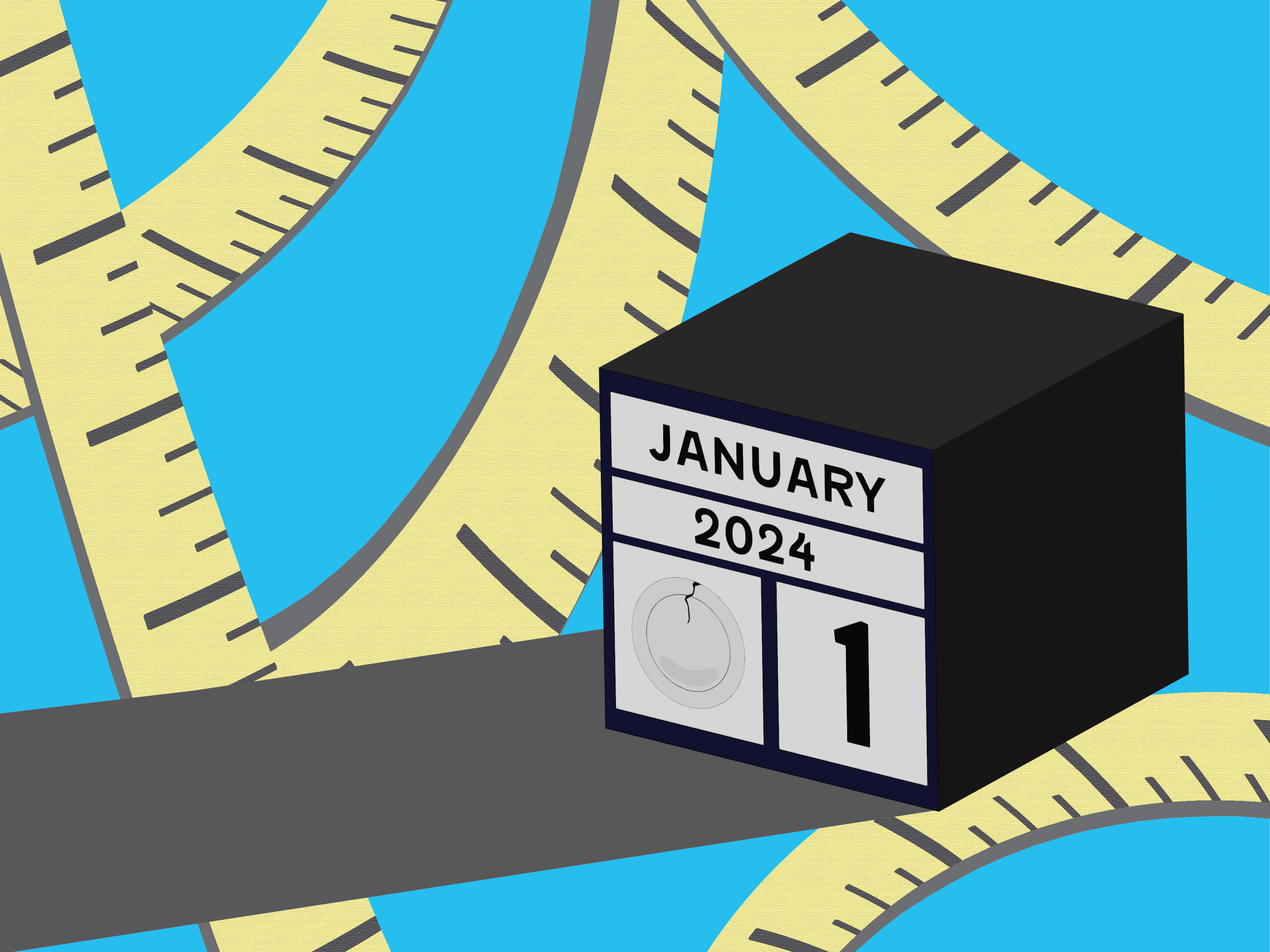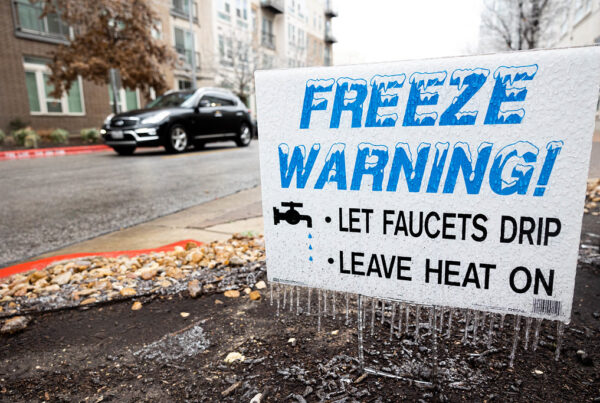If you or someone you know needs immediate help, there are resources including a crisis hotline at eatingdisorderhope.com. The number is 866-932-1264.
Kristi Koeter’s epiphany came while driving in the car with her daughter in Austin. Her daughter had recently relapsed into anorexia and it was time for her to eat a protein bar.
“She was refusing to have a snack. And we were getting into this really escalated argument over eating, you know, this bar that I had brought for us,” Koeter said. “And she ended up taking the bar and shoving it in my face and screaming at me to eat it.

Kristi Koeter had an epiphany about the effects of diet culture during a conversation with her daughter who was struggling with an eating disorder. Courtesy photo
They ended up sharing the bar.
“She said, it helps me when you eat with me,” Koeter said. “And so from then on that was like the light bulb for me, like I was done with dieting and restricting and I was going to do, you know, whatever it took to help her.”
Our culture is chock full of messaging that we need to lose weight to be healthier. These messages reach a fever pitch during New Year’s Resolution season, when a lot of people turn their focus to things like diet, exercise and weight loss.
But increasingly, research shows that the relationship between body size and health is not as clear cut as most of us have been told. And messaging about weight loss can have its own negative impact — not just on people who are vulnerable to things like eating disorders, but on everyone.
Dr. Susan Mengden works at the Esperanza Eating Disorders Center in San Antonio.
Mengden says kids can be especially vulnerable to this messaging and people should be mindful of how they talk about their own weight and diet within earshot of young people.
“If a mother is talking about her own body in a negative way or about dieting behavior, that gets passed down to the young children,” Mengden said. “It just makes them aware of things at an early age that they don’t need to be aware of, really, like the need to change their body somehow. So I would recommend that people really not talk about dieting behavior at home.”
Koeter knows firsthand how challenging it can be for a parent to instill body confidence in their kids while still working on it for themselves — she’s been documenting her journey on her blog, Almost Sated. But she says it’s absolutely possible.
“All of us want our children to grow up and feel good about themselves,” she said. “And so every parent, I think, is coming from a place of well-meaning and wanting the best for their children and openly talking about dieting and openly talking about body size and openly talking about good and bad foods and all of those kinds of conversations are just extremely harmful to children.
I mean, they’re harmful to everyone. Let’s be real. They’re harmful to everyone. But kids are internalizing that very early.”














